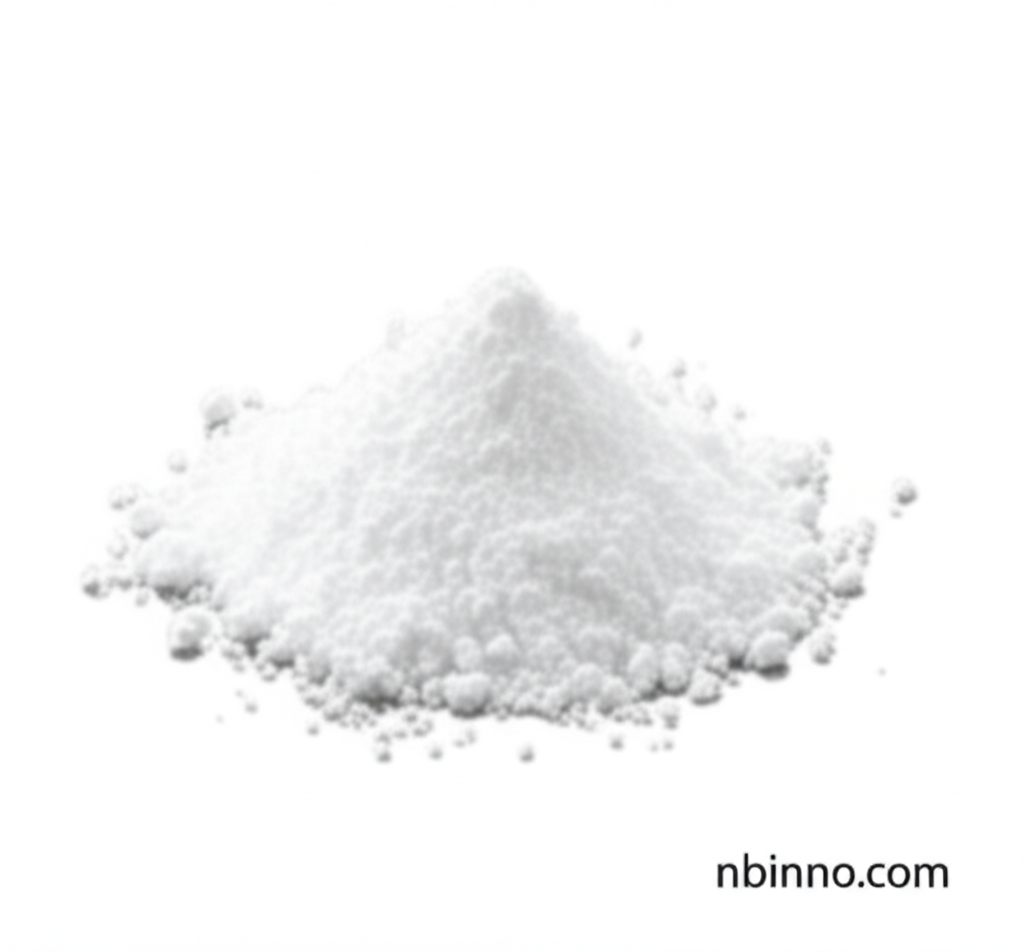Arg-Gly-Asp-Ser (RGDS) Peptide: A Potent Fibronectin Inhibitor for Enhanced Cell Adhesion Research
Discover the power of Arg-Gly-Asp-Ser (RGDS), a critical tetrapeptide that acts as a potent fibronectin inhibitor, revolutionizing research in cell adhesion and biological signaling. Explore its applications in supporting fibroblast attachment and modulating integrin receptor function.
Get a Quote & SampleProduct Core Value

Arg-Gly-Asp-Ser
As a leading supplier in China, we offer high-purity Arg-Gly-Asp-Ser (RGDS), a tetrapeptide renowned for its potent fibronectin inhibiting properties. This key peptide supports vital cellular processes like fibroblast attachment and actively inhibits fibronectin binding. Its efficacy in modulating integrin receptor function makes it an indispensable tool for advanced biological research. We pride ourselves on being a trusted manufacturer in China, ensuring consistent quality and performance for your scientific endeavors.
- Leverage the specific binding capabilities of this integrin binding sequence to precisely study cellular interactions.
- Investigate the role of fibronectin binding in various biological processes using this effective RGDS fibronectin inhibitor.
- Explore the potential of tetrapeptide fibronectin inhibitor research for therapeutic applications in regenerative medicine.
- Enhance your understanding of cell attachment mechanisms with this essential Arg-Gly-Asp-Ser peptide.
Advantages Provided by the Product
Enhanced Cellular Interaction Studies
Utilize the precise functionality of the Arg-Gly-Asp-Ser peptide to gain deeper insights into cell adhesion and migration, crucial aspects when exploring complex biological pathways.
Potent Fibronectin Inhibition
Benefit from the strong fibronectin inhibitory action of RGDS, allowing for controlled experiments that dissect the role of fibronectin in various physiological and pathological conditions.
Modulation of Integrin Receptors
Explore the therapeutic potential and biological relevance of modulating integrin receptor function, a key area where this integrin binding sequence proves invaluable.
Key Applications
Cell Adhesion Research
The Arg-Gly-Asp-Ser peptide is fundamental for studying how cells attach to extracellular matrices, offering a critical tool for understanding tissue development and repair processes.
Fibronectin Binding Inhibition
Researchers utilize this RGDS fibronectin inhibitor to understand the specific roles of fibronectin in cell signaling, disease progression, and wound healing.
Integrin Receptor Studies
As an integrin binding sequence, RGDS is vital for investigating the complex interactions between cells and their environment, particularly focusing on the signaling cascades initiated by integrins.
Biomedical Research
This tetrapeptide fibronectin inhibitor finds broad use in various biomedical research areas, including cancer biology, cardiovascular research, and regenerative medicine, aiding in the development of novel therapies.
